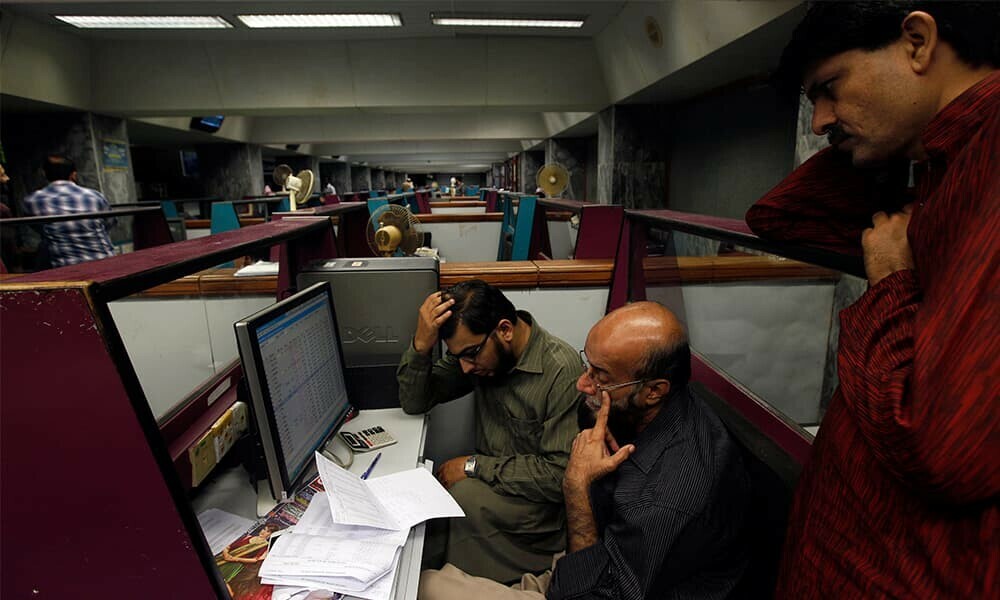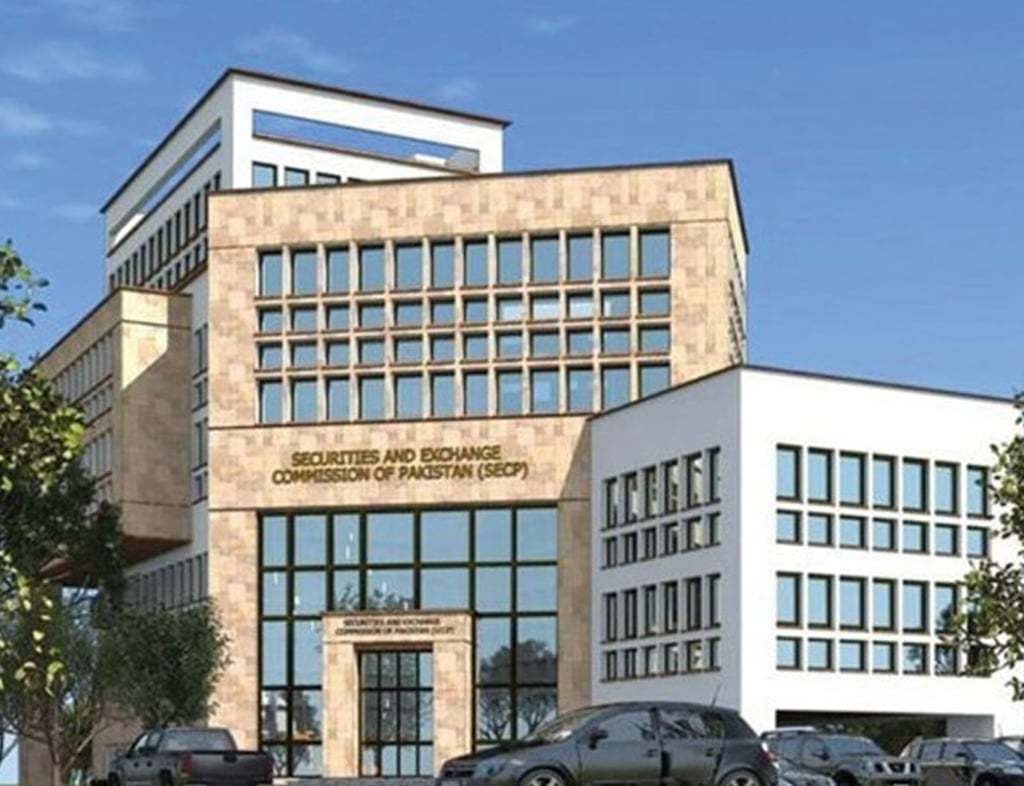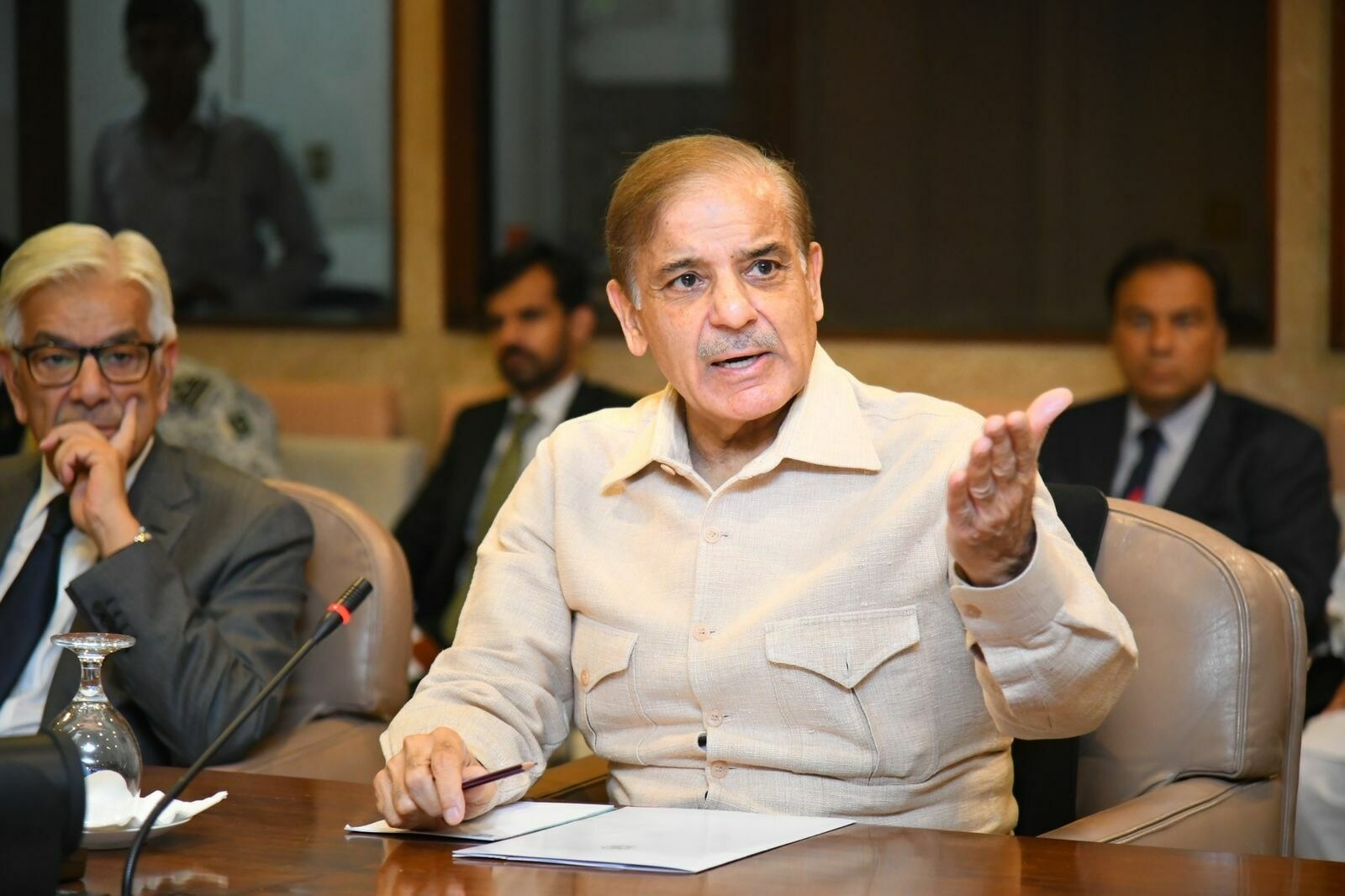PTBP Web Desk
The privatization of Pakistan International Airlines Corporation Limited (PIACL) is encountering significant delays as potential bidders have asked for more information on various aspects of the airline.
Initially, the bidding deadline was set for October 31, 2024, but it now seems that the process could be extended due to these requests. The ongoing challenges surrounding the privatization of PIA are part of a broader discussion that includes the sale of power distribution companies (DISCOs).
In a meeting held on Thursday, the Senate Standing Committee on Privatization reviewed the status of PIA’s privatization efforts, along with updates on DISCOs. The meeting, chaired by Senator Muhammad Tallal Badar, expressed frustration at the absence of the Privatization Minister, whose presence had been expected. Despite this, the discussions continued with the aim of identifying and addressing the roadblocks to privatizing the state-owned airline and power companies.
The chair of the committee, Senator Muhammad Tallal Badar, expressed dissatisfaction with the pace of progress, stating that delays in finalizing the privatization of PIA could have dire consequences for Pakistan’s financial stability. He urged the Privatization Secretary to ensure that the process is completed by the original deadline of October 31, 2024. However, this target may be difficult to meet as some bidders have expressed concerns about the terms of the deal and the condition of the airline itself.
According to the Privatization Secretary, some of the bidders have requested more time to assess the airline’s financial health and operational liabilities. These include legacy issues such as debt, pensions, and lawsuits against the airline. In particular, bidders are concerned about PIA’s existing liabilities, including an estimated Rs200 billion in debt. Investors also want clarity on how employee pensions will be handled and have raised concerns about the airline’s aging fleet, which needs modernization to remain competitive in the global market.
In addition to requesting more time, potential buyers have asked for several revisions to the terms of the sale. These include tax breaks, a reduction in the number of employees, and an increase in the stake offered. Initially, the government planned to sell 60 percent of the airline’s shares, but bidders are now asking for a 76 percent stake to have more control over the company’s future operations.
The bidders are also seeking legal protections to shield them from any legal claims against PIA that date back to before the privatization process. These concerns are understandable, given the numerous lawsuits and other legal challenges the airline has faced over the years. According to officials, these matters are still under negotiation, and it is uncertain whether the government will agree to all the requests made by potential investors.
The financial condition of Pakistan International Airlines has long been a subject of concern for the government, stakeholders, and citizens alike. The airline is saddled with massive debt, much of it incurred due to mismanagement, inefficient operations, and rising fuel costs over the years. In addition to the Rs200 billion in debt, PIA also has significant pension obligations for its retired employees, many of whom are still awaiting payments.
Potential buyers have expressed a desire for the government to resolve these issues before any final deal is signed. This includes clarifying the status of PIA’s assets, which include valuable real estate holdings in prime locations, as well as the future of its employee base. Investors want assurances that they will not be burdened with excessive pension or severance costs after taking over the airline.
While the government has expressed its intention to safeguard employee salaries and pensions, this remains a contentious point in negotiations. The federal government expects the new administration to retain the majority of the airline’s employees, but bidders are pushing for a leaner workforce as part of their turnaround strategy for the airline.
The Senate committee also addressed the privatization of power distribution companies (DISCOs) during Thursday’s meeting. Like PIA, the DISCOs are facing operational challenges that have prompted the government to consider selling off their distribution services. Officials from the Power Division informed the committee that the process of hiring a financial advisor for the privatization of DISCOs would begin shortly.
Unlike PIA, where the entire company is up for sale, the government plans to retain control over the generation and transmission services of DISCOs. Only their distribution services will be sold to private investors. The committee briefly touched on the privatization of K-Electric, noting that the company had failed to meet its investment obligations following its privatization. This has raised concerns about whether privatizing DISCOs will yield the desired results.
In addition to financial and operational concerns, bidders have also asked for legal protections to guard against any lawsuits or liabilities that might arise after they take control of PIA. Given the airline’s troubled history and its numerous unresolved legal cases, this is a major point of concern for investors.
To move forward, the government must address these legal and financial issues, providing investors with a clearer picture of what they are taking on. The committee has called for swift action to resolve these matters, with a focus on settling the airline’s debts and determining the future of its employees.




